Exploring the Question: Does God Exist and What Does It Mean for Us?
Throughout my journey, both as a believer and a skeptic, I’ve continually wrestled with the big questions: Does God exist? Why are we here? How can we reconcile the mysteries of the universe with our belief in a divine Creator? These are questions that have occupied the minds of the most brilliant thinkers, both religious and secular, for centuries.
In my personal quest for faith, I’ve often found myself at the intersection of traditional Christian belief and modern scientific understanding—two worlds that many assume are irreconcilably opposed. In fact, this very tension may be a source of deeper understanding. Rather than seeing science and Christianity as enemies, I view them as complementary paths to truth. Both seek to explain and provide answers to this profound mystery of existence. Let’s dive deeper into what navigating this terrain has taught me.
The Universe: Evidence of Design?
One of the fundamental arguments for the existence of God is the intricacy, complexity, and apparent order in our universe. As we examine the cosmos and the laws that govern it, it’s hard not to marvel at the precise conditions required for life to exist. My own background in artificial intelligence (AI) and machine learning has helped me appreciate the sheer elegance of systems—systems that could not possibly function without a well-orchestrated design.
“The heavens declare the glory of God; the skies proclaim the work of His hands.” — Psalm 19:1 (NIV)
This sentiment echoes through many religious traditions, but it’s also a question that modern physicists grapple with. If the laws of the universe seem fine-tuned for life, does this point to a Creator, or is it merely coincidence? The “fine-tuning” argument suggests that the physical constants of the universe are set so perfectly that any slight deviation would render life impossible. Take gravity, for example—if its force were just slightly weaker or stronger, stars and planets would not have formed in a way that supports life. Some scientists argue this points to a Designer, perhaps the biblical God.
On the other hand, others propose that perhaps we simply inhabit one of many possible universes, with ours being the one where natural laws aligned in just the right way to make life possible. This “multiverse” concept attempts to explain away the appearance of design by suggesting it’s mere chance that requires no Creator.
For me, however, the elegance of mathematical laws underlying creation constantly points back to a divine intelligence. When we consider that there might not have been anything at all yet there is something, it raises what I believe is a powerful question: What caused this something? Could it be a rational cause or simply a random quirk of physics?
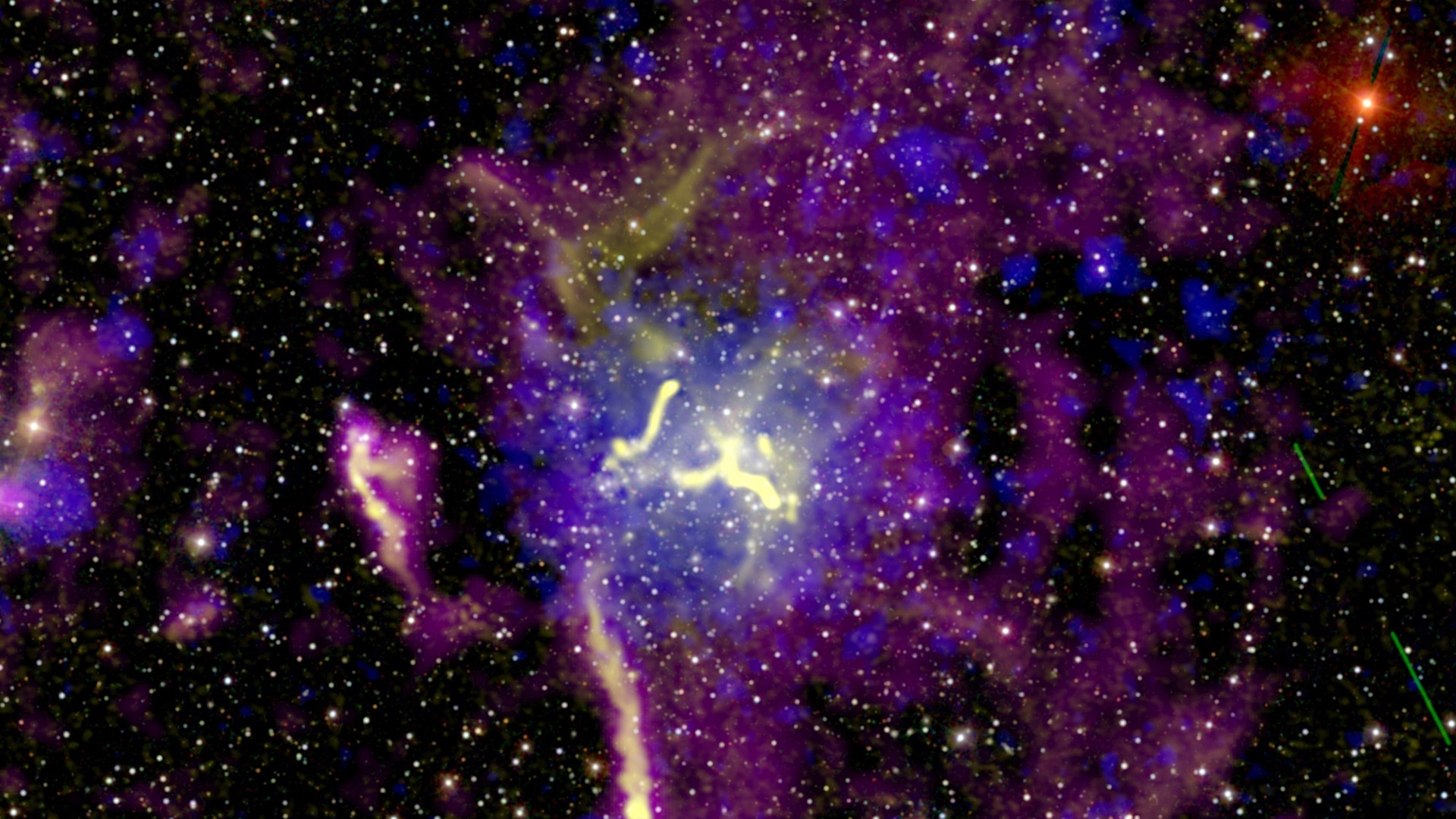
Free Will, Suffering, and God’s Sovereignty
If God exists—and I believe He does—we still face the age-old problem that’s haunted theologians and philosophers for millennia: Why is there suffering and evil? This question is especially difficult to grapple with in a universe created by a supposedly good and all-powerful God.
“Why does God permit evil? Maybe His reasons are totally beyond us.” — Anonymous theologian
As I’ve written in “How Free Will Explains the Problem of Evil”, suffering often appears to be a direct challenge to the idea of a benevolent Creator. Yet, the Christian understanding of this issue is deeply nuanced. We’ve seen this explored throughout Christian history and theology, where the concept of free will plays a central role. To have the ability to make real choices—choices that affect our destiny and the world around us—requires the possibility of evil and suffering.
Much like debugging a complicated system in my professional work, life’s suffering forces us to probe deeper for understanding, revealing layers of complexity and purpose we may not see in the immediacy of a crisis. As I reflect on personal adversity that has tested my resilience and faith, it’s in these valleys that I deeply felt God’s presence. While God’s reasons for allowing suffering may remain largely hidden, I believe that they exist in a wider context that we, as finite beings, can’t fully grasp.
The Role of Faith in Science and Vice Versa
Melding my work as a technologist with my spiritual beliefs has not been without challenges. As noted in my article, “The Intersection of Faith and Science”, it’s possible—and even beneficial—to hold a strong belief in the empirical methods of science while deeply embracing Christian faith. Exploring AI, for instance, opens up new avenues of thought about creativity, free will, and the nature of human intelligence—all subjects deeply tied to what it means to be made in the image of God.
Science offers us a robust way to frame and answer some questions, but it cannot—and does not—address the core spiritual challenges we face: Who are we? Why are we here?
As I journey between these two realms, I find that placing science and theology in conversation rather than opposition enhances my appreciation for both. For example, the predictive power of AI mirrors, at a minuscule scale, the omniscience attributed to God in Christian theology. This convergence is one reason I echo the argument that further exploration in both fields is essential, as highlighted in the article “Exploring AI and Life: A Journey of Prediction and Creation.”
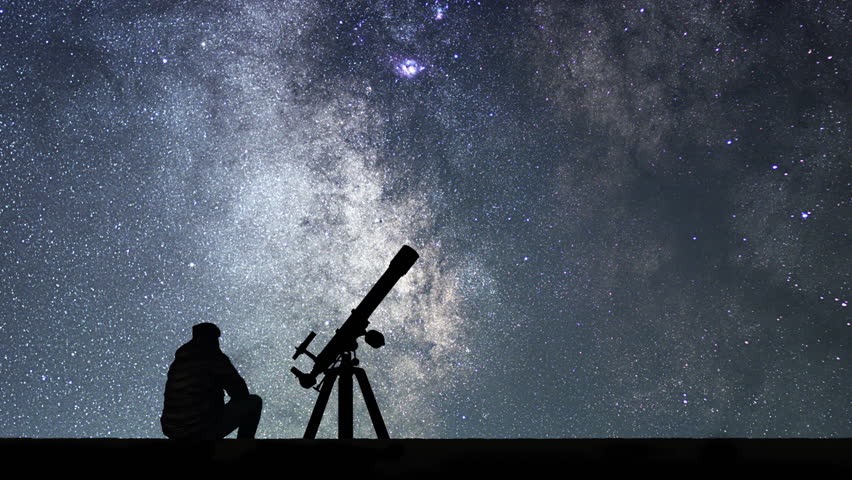
Navigating Doubt: The Journey Continues
What continuously draws me back to faith, even in the face of doubt, is the profound mystery of it all. As human beings, we look to God for answers to the questions that science can’t fully contain: What happens after we die? What is the meaning behind our suffering? As discussed in the article “Understanding God’s Omniscience and Omnipotence,” one of the most significant discussions in Christianity involves the interplay of God’s knowledge, human free will, and destiny. This dynamic tension offers a fertile ground for spiritual growth and deeper understanding.
The process of wrestling with these questions—much like my professional work with complex algorithms—demands humility, discipline, and patience. Faith does not give us clear-cut answers, but rather it empowers us to walk the path of uncertainty with confidence. Ultimately, the search for meaning continues, with faith and science guiding the journey. The road to understanding God may be long and fraught with challenges, but I believe it’s a worthy and honorable pursuit—a pursuit that has the potential to transform not only our individual lives but also how we view the universe and our place within it.
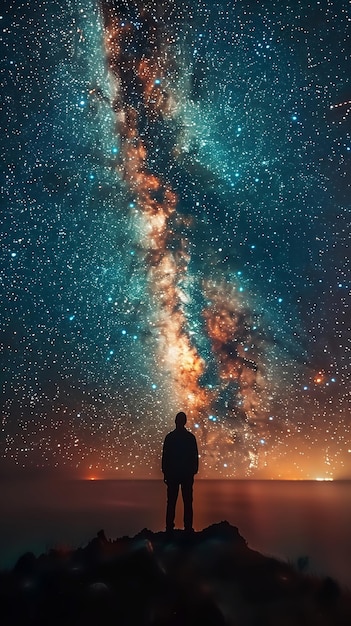
Conclusion: Our Response to the Mystery of God
What I’ve learned over the years is that doubt, discovery, and faith are not mutually exclusive—they coexist and enrich one another. In fact, one feeds into the next. As I reflect on the intricate design of the universe, the power of human free will, and the challenge of suffering, I continually come back to the centrality of God in this equation.
I encourage my readers to engage deeply with these matching fields of theological reflection and scientific inquiry, not with the aim of resolving all mysteries, but of deepening appreciation for them. As we traverse these paths, we may come to realize that belief in God is not merely an answer but a continued invitation into the vastness of divine mystery—a mystery that, like the universe, is ever-beckoning us to explore further.
In the end, belief might not just be about cognitive assent to the idea of God’s existence, but about how embracing that belief can transform how we see ourselves, one another, and the world around us.
Focus Keyphrase: Does God Exist
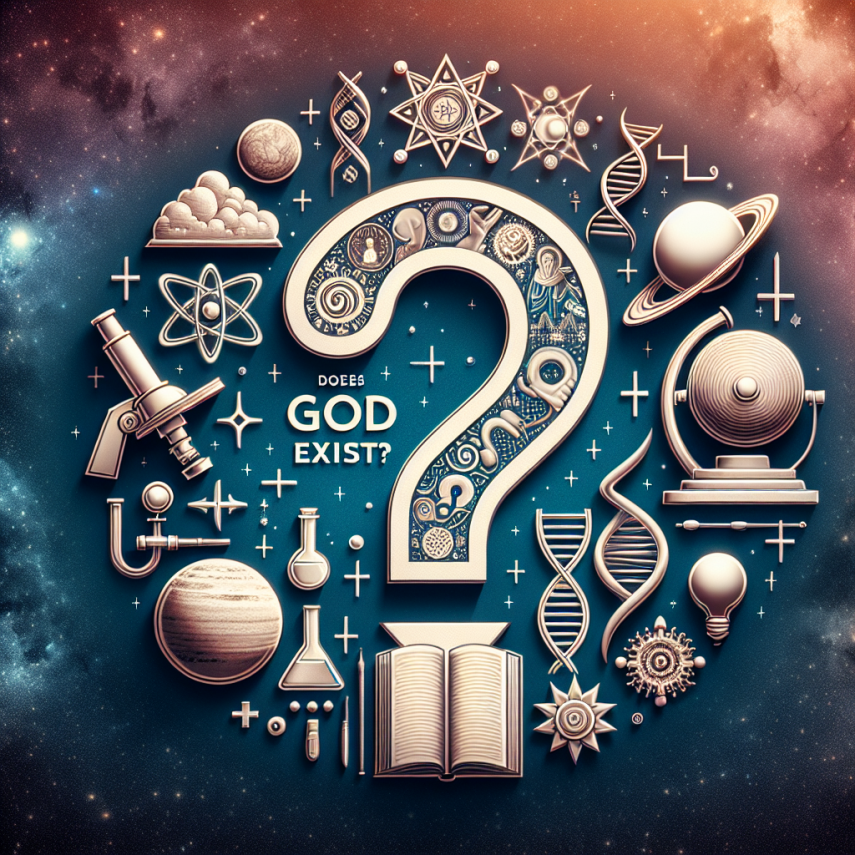
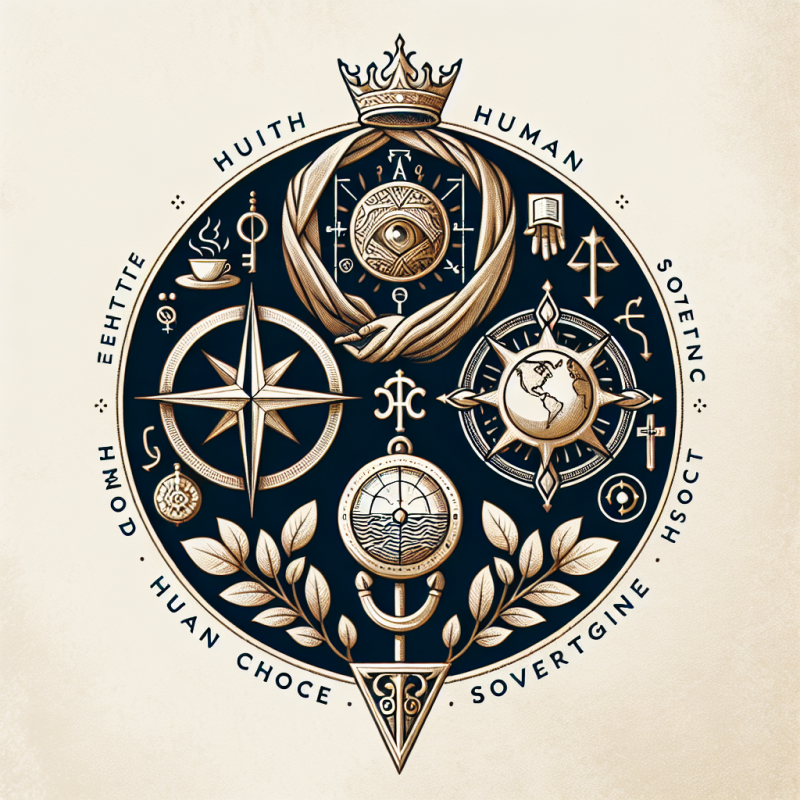
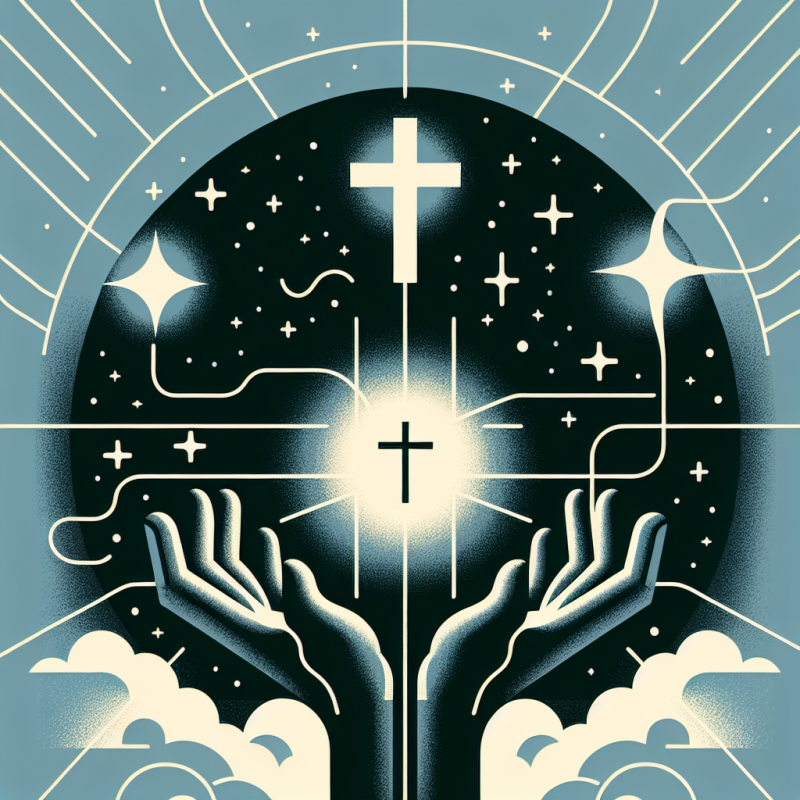
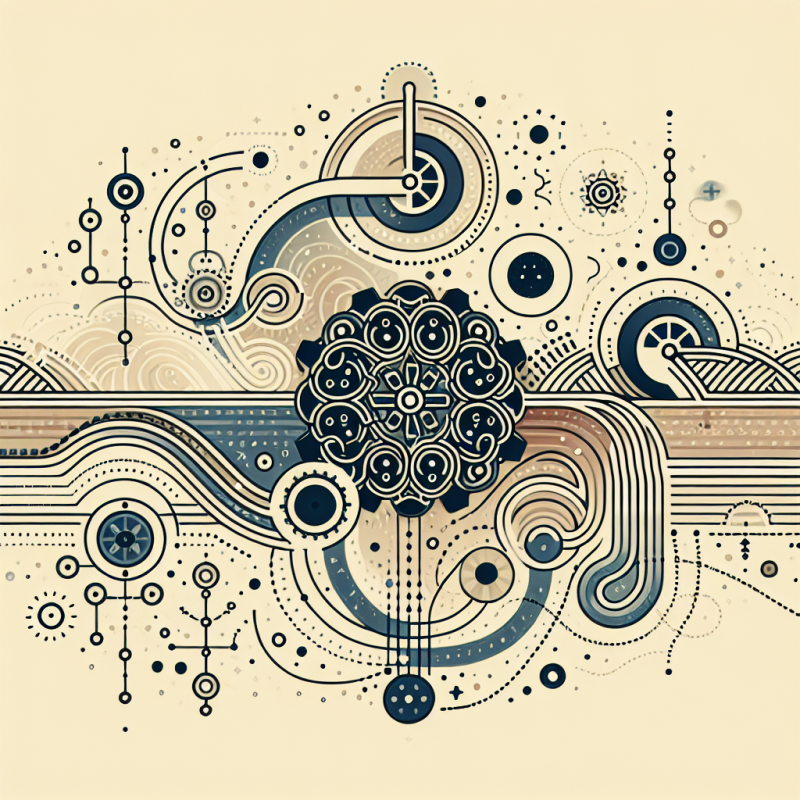
Throughout history, the question of God’s existence has shaped not only theology but also scientific exploration. This article aims to bridge the gap between these two fields.
I appreciate the broad approach to such a big question, but I find it hard to accept any solution without more empirical evidence. The multiverse theory seems like a viable alternative to me.